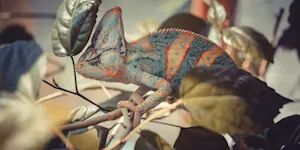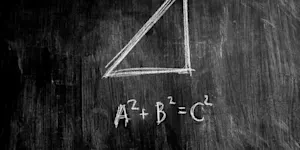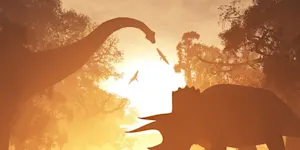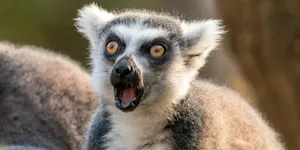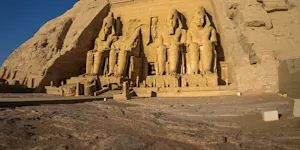What Makes This Word Tick
"Wraith" evokes an eerie feeling right from the start. Often, it conjures images of a ghostly apparition, something that drifts between the realms of the living and the dead. Its very sound is a whisper of the mysterious and the supernatural, reminding us of misty nights and forgotten legends.
If Wraith Were a Person…
Imagine a figure cloaked in shadow, with an ethereal presence that seems to float rather than walk. This person would never need to knock on doors, as they would always find a way to enter without being seen. Their eyes would seem to look right through you, seeing both past and present simultaneously.
How This Word Has Changed Over Time
The word "wraith" has drifted through languages much like the spirits it describes. Originally rooted in Scottish folklore, its use has expanded over time to refer to any ghostly figure. While it once specifically meant an apparition seen at the moment of death, today's usage often embraces a broader ghostly connotation.
Old Sayings and Proverbs That Use Wraith
Though "wraith" may not often pop up in traditional proverbs, the idea resonates in sayings like "old ghosts never lay," where the concept of unresolved pasts haunting the present aligns perfectly with wraith-like imagery.
Surprising Facts About Wraith
Did you know that "wraith" was once a common term used in Scottish dialects to describe a spectral image that appeared before someone's death? It wasn't just a fear-inducing spirit but rather a solemn warning or a harbinger of passing, a rather poetic take on the serene side of spectral appearances.
Out and About With This Word
When you're out at a foggy lakeside or in the shadowy corners of an old library, "wraith" might be a word clinging to the back of your mind. It fits seamlessly into places with a storied or spectral history, where one might expect a transparent figure to drift through at any moment.
Pop Culture Moments Where Wraith Was Used
In pop culture, wraiths have wandered across fantasy and horror genres, lurking in films and novels from "The Lord of the Rings" to countless ghost stories. They've even materialized in video games, offering a spectral challenge to players who must navigate haunted landscapes.
The Word in Literature
"Wraith" is perfectly at home in gothic literature, often appearing in works where the boundary between life and death is masterfully blurred. It might wander the pages of a classic ghost story or hover within a tale by Edgar Allan Poe, casting a spectral shadow over the narrative.
Moments in History with Wraith
Imagine the Battle of Culloden, where tales of wraiths might have whispered through the ranks, thought to foreshadow the fateful futures of soldiers. This term's spectral essence punctuated many historical moments where uncertainty and mortality were keenly felt.
This Word Around the World
Different cultures interpret the concept of a "wraith" in various ways. In Japan, there's the "yūrei," spirits held onto this world due to strong emotional ties, while in Mexico, the Day of the Dead celebrates spirits more playfully. These regional ghostly traditions weave a rich tapestry of the world's spectral vocabulary.
Where Does It Come From?
"Wraith" has its roots in the Scottish dialect, a testament to the rich tapestry of Celtic folklore that has permeated our language. The exact origin is somewhat shrouded in mystery—appropriately so for a word that describes something so nebulous.
How People Misuse This Word
Commonly, "wraith" gets lumped in with general ghostly terminology, mistakenly used to describe any ghost or spirit. However, its specific cultural connotations, particularly with Scottish lore, often get overlooked in its generic modern use.
Words It’s Often Confused With
Ghost: A general term for a spirit of the dead, not specific to Scottish traditions.
Specter: Similar to "wraith," but lacks the historical and cultural backstory.
Phantom: Often used interchangeably, though phantoms tend to be less defined in form.
Additional Synonyms and Antonyms
Synonyms for "wraith" include phantom, specter, and apparition. Its antonyms would be more corporeal words like being, flesh, or mortal.
Want to Try It Out in a Sentence?
"While hiking through the misty highlands, I half-expected to glimpse a wraith hovering silently beside the ancient stones."


